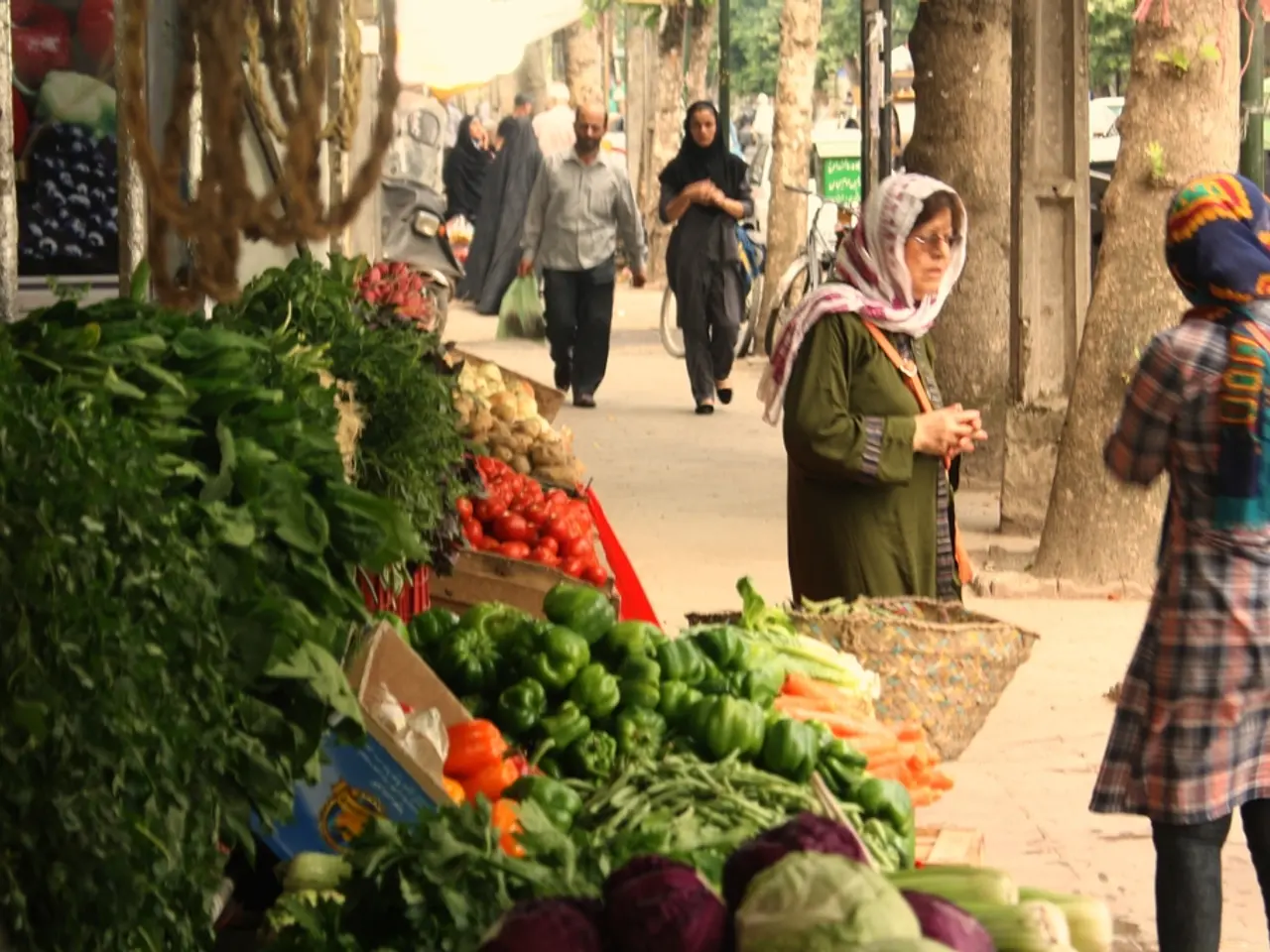Pursuing fiscal autonomy through planning and savings strategies
In the heart of rural Liberia, savings and credit groups are playing a pivotal role in fostering economic development and financial inclusion. These grassroots institutions are providing essential financial services to populations often excluded from formal banking, particularly in rural communities and among women.
One such success story belongs to James and Martha Ziankhan, smallholder farmers who have seen a significant increase in their sales and profits due to the improved roasting of garri, a staple food in Liberia. With a loan from their agricultural savings and credit association, they were able to purchase an oven and large pans to expand their production, leading to increased demand in their local market.
Another inspiring tale comes from Juah Nyanty, a resident of Topo Town. She started a dried fish shop using a loan from a savings and credit group established by Welthungerhilfe. Her life has transformed dramatically, as she can now provide enough food for her three children, pay their school fees, and invest in cassava and rice cultivation. Juah has since repaid her initial loan and taken out two more to expand her business, sourcing her goods from fishermen on the coast and selling them at the central market in her region.
These savings and credit groups are not just about financial inclusion; they also empower women economically and socially. By providing financial resources and collective bargaining power, these groups enable women to gain financial independence, control over household finances, and enhanced leadership opportunities in their communities. Juah Nyanty is grateful for the project, expressing that it has helped her and other women stand on their own feet.
The project, led by Joseph Ashong and carried out jointly with international organizations ZOA and Concern Worldwide, as well as several local partners, with financial support from the European Union, aims to support around 6,600 families in seven Liberian counties. It focuses on increasing yields of various crops and improving storage and processing capabilities.
The project's impact extends beyond financial gains. Women in the region have gained more self-confidence through their new financial independence, and there's a growing sense of hope that the project will reach more women, encouraging them to start their own savings groups.
Welthungerhilfe, an organisation that focuses on economic development and education in its multi-sectoral approach to tackle the causes of hunger and malnutrition sustainably, is optimistic about the project's potential for rural transformation. As Liberia's recent reforms and improvements in financial governance—such as mobile money adoption and the establishment of a modern credit registry—expand the formal financial sector's capacity to support inclusive initiatives like savings and credit groups, the enabling environment for financial inclusion continues to strengthen, providing a solid foundation for rural development in Liberia.
- These savings and credit groups not only cater to the financing needs of smallholder farmers like James and Martha Ziankhan, but also stimulate business growth in sectors like home-and-garden, particularly through essential equipment purchases.
- In line with Welthungerhilfe's focus on education and self-development, these empowering organizations equip women with financial literacy skills that can be applied to personal-finance management and lifestyle improvements.
- Through loans from savings and credit groups, small-scale entrepreneurs like Juah Nyanty are stepping out of the bounds of traditional trade and venturing into new ventures such as education-and-self-development enterprises.
- With the backing of financially supportive institutions like the European Union, rural development projects focusing on agriculture and nutrition can uplift entire communities, creating a ripple effect that inspires lifestyle transformations and promotes economic growth.






